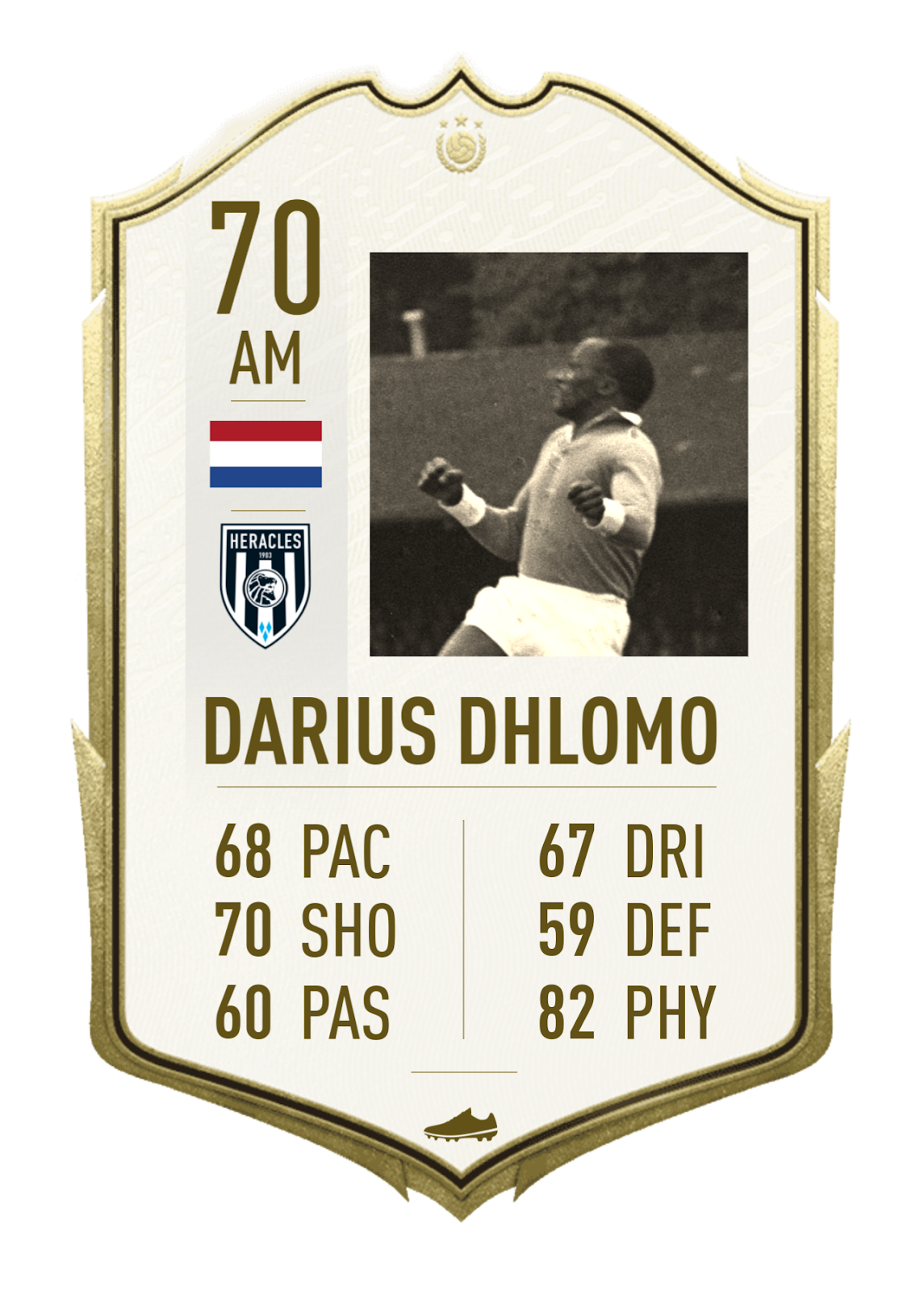These are some footballers who are lesser-known or didn't reach their full potential due to Apartheid or other reasons.
Nelson " Teenage " Dladla : This is one of the greatest footballers in South African. He is known as one of the best dribblers in South Africa football history. Watching his highlights; I see him do a double step-over & nutmeg a player to warrant him the five-star skill rating. He had pace & is considered the best of all time by some in South African football.
Darius Dhlomo: This man was known for his boxing & music more than his football. As a boxer, he was a champion but although not stellar in football, he was good enough to play in the Eredivisie of the Netherlands. He was noted for his strength as a footballer. I guess if circumstances were better for him, he could've been our answer to Robin van Persie, we'll never know. He was a Dutch citizen & political activist during Apartheid.
Abednigo Ngcobo: I still insist that this is the best footballer in South African football history. Far better than Benni McCarthy & even Jomo Sono. He was said to be fast, strong & could score with both legs. He scored the fastest goal in South African football history.
Cedric " Sugar Ray " Xulu : This man was said to be a great dribbler he captained both AmaZulu F. C. & the South Africa Black XI during Apartheid. So he was a natural leader. Also said to be skillful & a good passer.
Emmanuel " Scarra " Ngobese: This guy had great skill & defensive qualities as well as a powerful shot, he was a real engine of teams he played for. Also a great passer. He was the main attraction in South African football for a time during the 2000s winning some titles & Man of the Match awards.





Comments